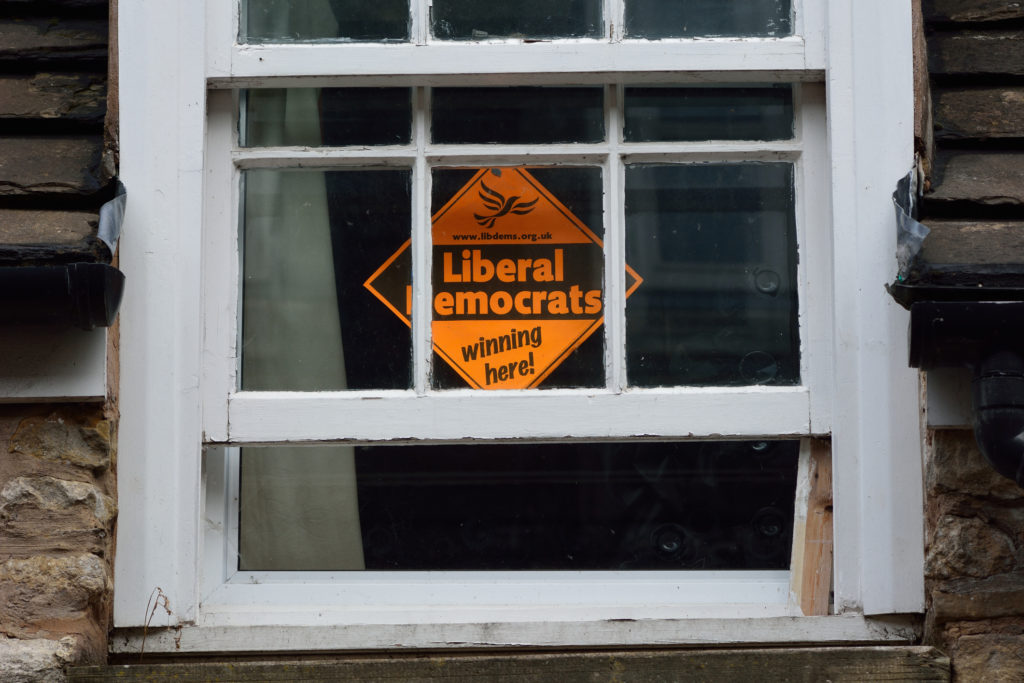The Liberal Democrats will focus their general election campaigns on ultra-local issues rather than the national narrative, it has been announced at the party conference in Bournemouth.
The strategy comes off the back of four byelection victories in safe Conservative seats since 2021 where campaigns focused on local issues.
The party intends to flood target seats with activists who will have tailored, local talking points usually based around the NHS, housing, or the environment.
The Guardian was told by a party campaigner that the Liberal Democrats would prioritise the “ground war” at the expense of an “air war” to set out a broader vision for the party.


It is hoped this strategy will help the Liberal Democrats “knock down the blue wall” as the party plans to target mostly Conservative seats at the upcoming general election.
The Guardian also reported that some senior members of the party are concerned about this strategy, worried the Liberal Democrats will slip from the national focus.
One member told the paper: “People know that we’re against sewage and in favour of social care, but that’s about it. You’ve got to wonder if it’s enough”.
In media interviews across Sunday and today, the leader of the Liberal Democrats, Ed Davey, has been noticeably vague on national policy specifics and repeatedly dodged whether the party wants to ultimately rejoin the EU.
It marks a major shift in the party’s election strategy in 2019 which focused on their pledge to rejoin the EU but ultimately failed to flip Conservative votes.
When asked on Good Morning Britain what they will do to win Conservative seats, Mr Davey said: “I hope our policies on things like the cost of living where people are really struggling with their bills and also the NHS”.
He added: “And what I’m saying today for the Liberal Democrats is that we see those two policies together. If we really invest in our NHS, it will help our economy. There are so many people waiting for so long. They can’t get back to work because they can’t get a GP appointment, perhaps have to sort out back pain or a frozen shoulder or to deal with some depression”.
The party has also ruled out income tax rises in an effort to woo Conservative voters, and has instead opted for windfall taxes on the profits of energy companies and banks to pay for their proposed policies.
Speaking on the Today programme, Mr Davey said: “I think there’s a real danger that if we don’t ask those organisations who are doing really well, like the oil and gas companies, like the banks, the water companies, they have the money, and you know, they’d be making huge profits in some cases. And it seems to me the fair way of doing it”.

